Ashwagandha Powder
රු 1,050.00


Size:100g
According to Ayurveda, female infertility can be cured by drinking a concoction of cow’s milk and powdered amukkara potatoes. The infusion of amukkara is also beneficial for healthy pregnancy, asthma, colds, and coughs. Additionally, this plant’s seeds and fruits have anti-coughing properties.
8 in stock (can be backordered)
Description
Ashwagandha Powder
Ashwagandha
Ashwagandha (Withania somnifera), also known as Indian ginseng or winter cherry, is an evergreen shrub native to India, Africa, and the Middle East. It has been used in traditional Indian medicine for centuries for its purported health benefits. Ashwagandha is classified as an adaptogen, a substance that is believed to help the body cope with stress.
Synonyms
-
- Indian ginseng
- Winter cherry
- Kanjang
- Ahirva
- Asgandh
Botanical classification
-
- Kingdom: Plantae
- Order: Solanales
- Family: Solanaceae
- Genus: Withania
- Species: W. somnifera
Description
Ashwagandha is an evergreen shrub that grows to about 3-4 feet tall. It has small, green leaves and yellow or orange flowers. The root of the plant is the most commonly used part in traditional medicine.
Active compounds
The main active compounds in Ashwagandha are:
-
- Withanolides: A group of steroidal lactones that are responsible for many of the plant’s purported health benefits.
- Alkaloids: A group of nitrogen-containing compounds that have a variety of effects on the body.
- Saponins: A group of plant-based chemicals that have a soap-like lather.
Traditional uses
Ashwagandha has been used in traditional Indian medicine for centuries for a variety of purposes, including:
-
- Reducing stress and anxiety
- Improving sleep quality
- Boosting cognitive function
- Enhancing athletic performance
- Reducing inflammation
- Strengthening the immune system
Scientific evidence
There is growing scientific evidence to support the traditional use of Ashwagandha for a variety of health conditions. Some of the most promising research suggests that Ashwagandha may be beneficial for:
-
- Stress: Ashwagandha has been shown to reduce stress hormones and improve stress-related symptoms, such as anxiety, fatigue, and insomnia.
- Sleep: Ashwagandha may help improve sleep quality by reducing anxiety and promoting relaxation.
- Cognitive function: Ashwagandha may improve cognitive function, including memory, attention, and processing speed.
- Athletic performance: Ashwagandha may enhance athletic performance by reducing muscle fatigue and improving energy levels.
- Inflammation: Ashwagandha has anti-inflammatory properties that may help reduce inflammation and protect against chronic diseases.
- Immune system: Ashwagandha may strengthen the immune system by increasing the number of white blood cells.
Dosage
The typical dosage of Ashwagandha is 300-600 mg per day. Ashwagandha can be taken in powder form, capsules, or extracts.
Safety
Ashwagandha is generally considered safe for most people when taken in recommended doses. However, some people may experience mild side effects, such as stomach upset, diarrhea, and headache.
Interactions
Ashwagandha may interact with certain medications, such as sedatives and blood thinners. It is important to talk to your doctor before taking Ashwagandha if you are taking any medications.
Conclusion
Ashwagandha is a safe and effective natural remedy for a variety of health conditions. It is a powerful adaptogen that has been shown to have a wide range of health benefits.
Disclaimer
Please note that the information provided in this article is for informational purposes only and should not be construed as medical advice. It is important to talk to your doctor before taking any supplements, including Ashwagandha.
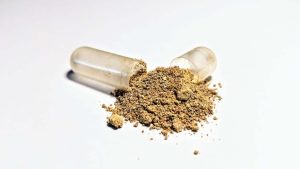
Powerful Results with Ashwagandha Powder
In Ayurveda, the Solanaceae (Solanaceae) plant genus Withania somnifera is also known as Amukkara. Both Sri Lanka and western India are affected by this.
According to Ayurveda, women with infertility can be treated by ingesting a mixture of cow’s milk and powdered amukkara potatoes.
Additionally helpful for proper pregnancy, asthma, colds, and coughs is ashwagandha powder or infusion. This plant also has anti-coughing qualities in its fruits and seeds.
According to Ayurveda, amukkara tubers are excellent for treating swelling and joint pain, and several herbs have been created based on the herb-fragrant plant that are useful for treating a variety of illnesses.
In addition to the decoction, tablets, honey, capsules, and drinks made from amukkara, the herb is frequently used as medicine.
There are a lot of fake medications on the market that are created by combining Valpenela and Amukkara. Likewise, horseradish powder, oil, etc. Today and are a common herb in the area.
The sale of these drugs, along with goods prepared in pharmacies and supermarkets, can be seen as an excellent solution to the busy lifestyle and the challenge of finding these rare herbs.
Additional information
| Brand | GREEN HOPES |
|---|---|
| Size | 100g |
| Weight | 100g |
Only logged in customers who have purchased this product may leave a review.

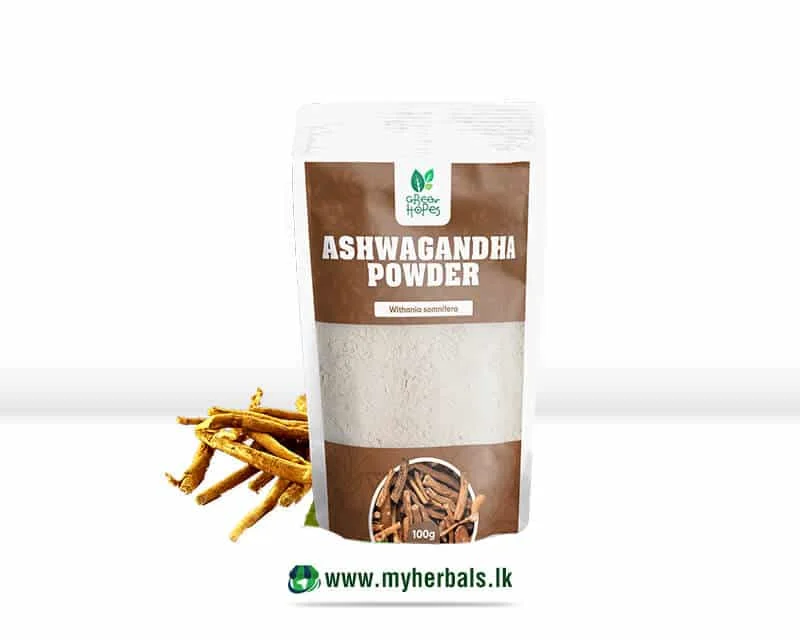
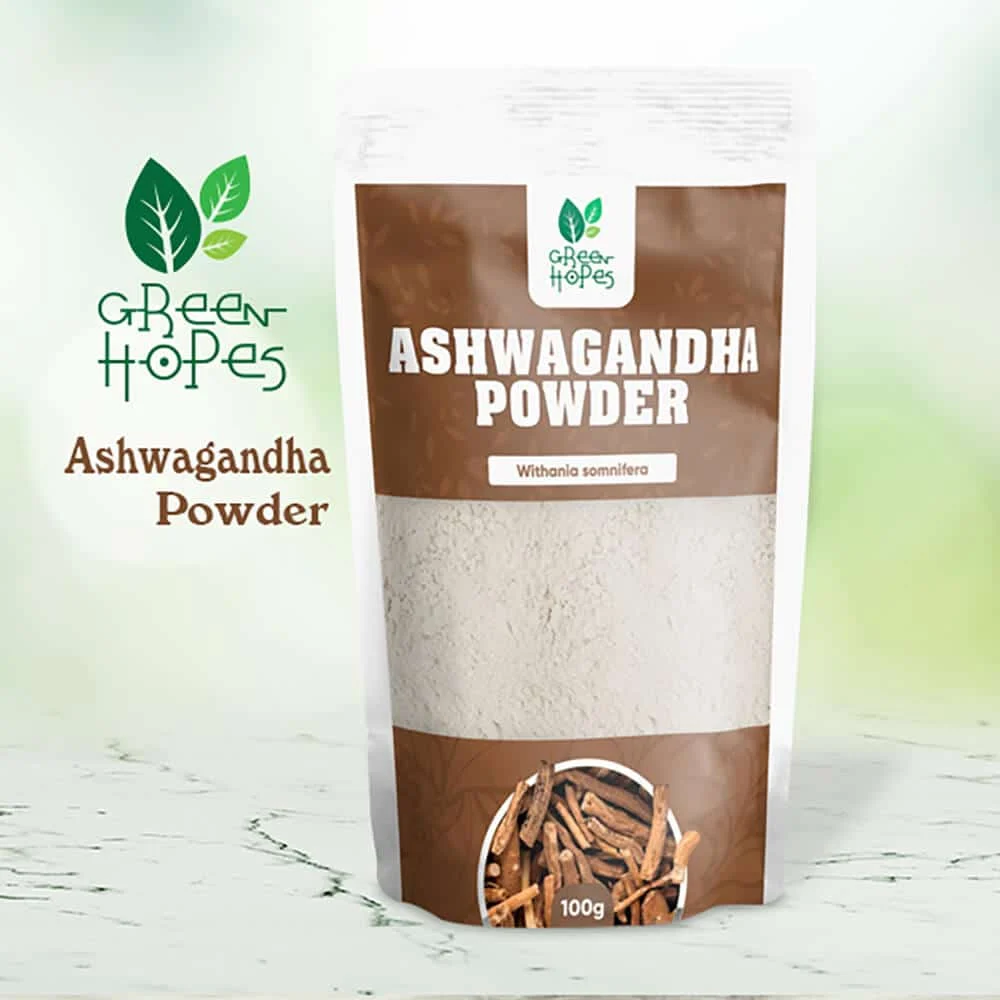
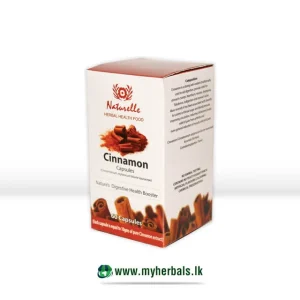

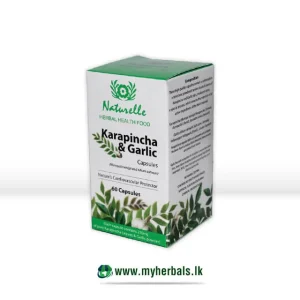
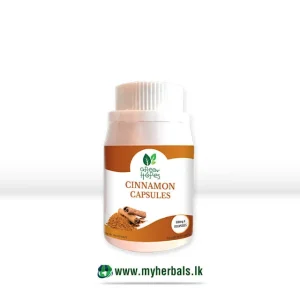
Reviews
There are no reviews yet.